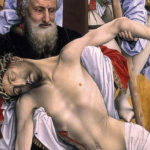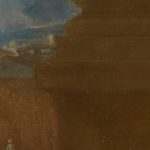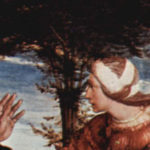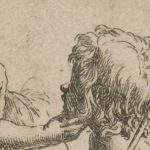
One of the most common complaints of thoughtful older persons is that they were not guided in their early years to the point of thinking seriously about: who they are, and what they want to be. When I ask older children about their futures I usually receive a poor answer that reflects neglected parenting, or a general disregard for the matter from individuals important to those I question. There is abundant testimony from successful persons about their early thoughts and experiences relevant to their adult lives. Self-identity is largely left to the individual to determine, but there are many exchanges with parents and teachers or mentors (especially family members, counselors and pastors) who can help in the process. We are… Read more





